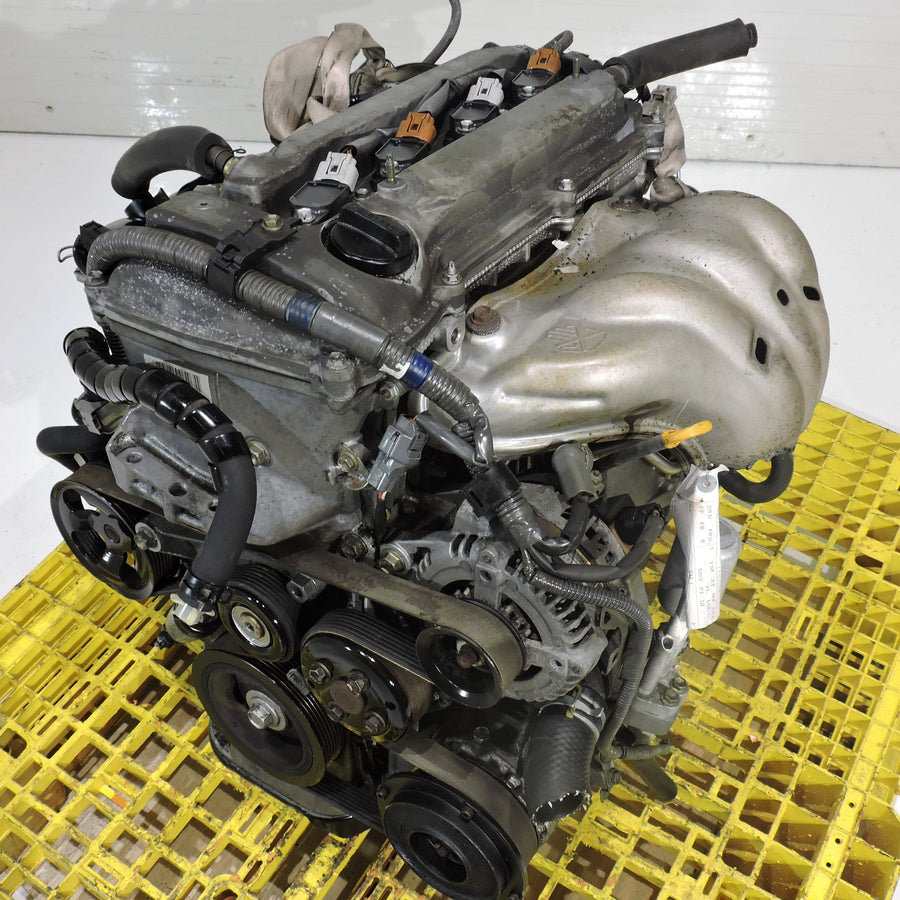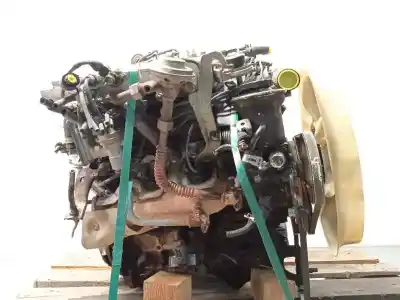Explore the Fuel Effectiveness and Upkeep of the Toyota RunX RSI
Explore the Fuel Effectiveness and Upkeep of the Toyota RunX RSI
Blog Article
Explore Quality and Worth: Your Guide to Acquiring a Pre-owned Engine
When considering the acquisition of a pre-owned engine, understanding the complex equilibrium in between high quality and value is vital. A detailed assessment of engine condition, background, and reliability is vital to make sure an audio investment. By performing proper assessments and study, possible buyers can browse the intricacies of the market better. Nonetheless, the subtleties of warranty options and rates approaches can significantly affect the overall decision-making process. As you ponder these elements, one concern remains: what certain elements will ultimately guide your selection in this essential financial investment?
Comprehending Engine Kind
When thinking about the acquisition of a used engine, comprehension of the numerous engine kinds is essential for making a notified decision. Engines can typically be categorized right into 2 major types: internal burning engines and electrical engines. Interior burning engines, that include gas and diesel variants, rely upon the combustion of fuel to generate power. Gasoline engines are usually lighter and rev higher, making them appropriate for performance lorries, while diesel motor are renowned for their torque and fuel effectiveness, commonly favored in heavy-duty applications.
On the various other hand, electrical engines make use of electrical energy kept in batteries to power the vehicle, offering a cleaner choice with less moving components and reduced upkeep needs. Within these classifications, there are even more differences, such as two-stroke versus four-stroke interior combustion engines, and different electric motor arrangements.
Recognizing these differences is vital, as they influence efficiency, compatibility with existing automobile systems, and long-term operational prices. By acquainting oneself with the numerous kinds of engines readily available, prospective customers can much better evaluate their requirements and choose that line up with their car's requirements and their individual preferences.

Examining Engine Problem
An extensive evaluation of engine condition is extremely important for anyone considering the acquisition of a used engine. Start with a visual inspection; look for indicators of oil leakages, deterioration, or any kind of physical damage to the engine block. A clean engine is usually a measure of great upkeep methods, while excessive gunk might suggest overlook.
Next, examine the engine's parts, including the timing belt, gaskets, and seals. Try to find deterioration, as these parts can be expensive to change. In addition, analyze the engine mounts, as damaged places may cause resonances and further mechanical problems.
A compression test is important to assess inner engine wellness. Consistent compression across all cylinders shows a well-maintained engine, whereas considerable disparities may aim to internal damage or wear.
Listening to the engine during a start-up can offer important insights; any unusual sounds, such as rattling or knocking, might suggest much deeper concerns. Finally, when possible, request an examination run to examine performance under lots. By diligently examining these factors, prospective purchasers can make enlightened choices and protect a high quality used engine.
Monitoring Engine Background
Recognizing the engine's history is important for making a knowledgeable acquisition. Knowledge of previous use, maintenance documents, and any type of past damages can considerably affect the engine's integrity and durability. Start by requesting the lorry identification number (VIN) or engine serial number, which permits you to trace the engine's background.
Make use of available resources, such as Carfax or AutoCheck, to get an automobile history report. This report will provide vital insights, consisting of mishap history, service records, and previous ownership details. Toyota RunX RSI. Pay particular focus to any kind of indicators of extreme damages or repeated repair work, which may suggest underlying view it problems
Ask about upkeep routines performed on the engine. Normal oil adjustments, timing belt substitutes, and various other preventive steps show accountable ownership. Furthermore, ask if the engine has undertaken any kind of modifications, as non-standard More hints changes can affect efficiency and compatibility with your lorry.
Last but not least, ideally, look for verification from a relied on technician who can analyze the engine's condition based on its history (Toyota RunX RSI). This extensive investigation will aid you stay clear of potential pitfalls and ensure that your financial investment is audio and beneficial
Service Warranty and Return Plans
Getting a second-hand engine typically comes with differing warranty and return policies that can considerably influence your decision. When considering a made use of engine, it is vital to completely evaluate the service warranty options provided by the seller.

Furthermore, trustworthy vendors usually supply paperwork that details the service warranty and return procedure, ensuring transparency. Constantly ask for this details prior to completing your purchase. A distinct warranty and return policy can offer satisfaction and shield your investment, making it an indispensable component of the decision-making procedure when getting a second-hand engine.
Finding the very best Bargains
When seeking the best bargains on a second-hand engine, it is vital to carry out thorough study and compare costs from numerous sellers. Start by checking out online industries, automotive forums, and local salvage yards to collect a comprehensive understanding of the marketplace. Utilizing cost contrast tools can simplify this process, highlighting affordable rates across different systems.

Take into consideration timing your purchase strategically. Seasonal changes in demand can affect costs, with specific times of the year offering much better offers. Additionally, be open to bargaining website link costs; lots of vendors may agree to lower their asking cost, specifically if the engine has actually been listed for an extensive period.
Final Thought
In summary, purchasing a pre-owned engine necessitates an extensive analysis of top quality and worth. Examining engine condition through tests and evaluations, confirming its background, and recognizing warranty and return plans are important steps.
When considering the acquisition of a pre-owned engine, comprehension of the different engine types is vital for making a notified decision. Engines can typically be categorized into 2 main kinds: inner burning engines and electric engines. Gas engines are generally lighter and rev higher, making them ideal for performance lorries, while diesel engines are renowned for their torque and fuel effectiveness, frequently favored in sturdy applications.
An extensive analysis of engine problem is vital for any individual thinking about the acquisition of a pre-owned engine. Begin by asking for the automobile recognition number (VIN) or engine serial number, which allows you to map the engine's history.
Report this page